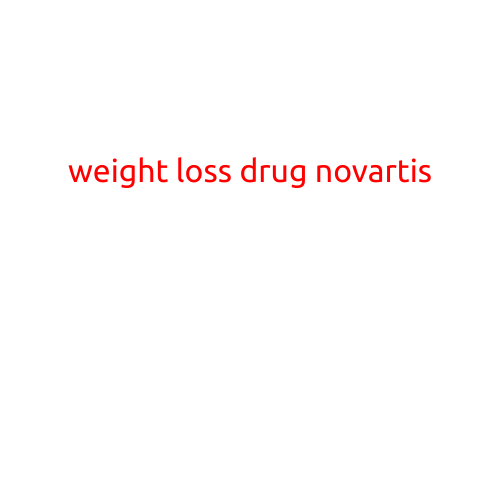
Weight Loss Drug: Oral Options for Effective Weight Management
When it comes to weight loss, many people struggle to find a sustainable solution. Fad diets and exercise programs may bring quick results, but they often fail to provide long-term weight management. For those who have tried everything and still need help shedding pounds, weight loss drugs can be a viable option.
In this article, we’ll explore oral weight loss drugs, their benefits and risks, and how they can be used to achieve effective weight management.
What are Oral Weight Loss Drugs?
Oral weight loss drugs, also known as anti-obesity medications, are prescription medications taken orally to help with weight loss. These drugs work by reducing appetite, increasing satiety, or slowing down digestion, making it easier to achieve and maintain weight loss.
How Do Oral Weight Loss Drugs Work?
There are several types of oral weight loss drugs, each with a unique mechanism of action. Some of the most common types include:
- Appetite suppressants: These drugs, such as phentermine and lorcaserin, work by reducing hunger and increasing feelings of fullness. This helps individuals eat fewer calories and lose weight.
- Fat absorption inhibitors: Drugs like orlistat prevent the body from absorbing fat from food, reducing the number of calories available for storage.
- Glucagon-like peptide-1 agonists: These drugs, such as liraglutide and semaglutide, mimic the action of a natural hormone that helps with weight loss by reducing appetite and increasing satiety.
Benefits of Oral Weight Loss Drugs
Oral weight loss drugs can be an effective solution for individuals who:
- Have a BMI of 30 or higher: If your body mass index (BMI) is 30 or higher, you may be eligible for oral weight loss drugs.
- Have a BMI of 27 or higher with weight-related health issues: If you have health issues related to your weight, such as type 2 diabetes or high blood pressure, oral weight loss drugs may be an option.
- Struggle with weight loss despite diet and exercise: If you’ve tried a healthy diet and regular exercise, but still struggle to lose weight, oral weight loss drugs may be a useful addition to your weight loss plan.
Risks and Side Effects of Oral Weight Loss Drugs
While oral weight loss drugs can be effective, they’re not without risks and side effects. Common side effects of oral weight loss drugs include:
- Digestive issues: Nausea, diarrhea, constipation, and stomach pain are common side effects of oral weight loss drugs.
- Headaches and fatigue: Some individuals may experience headaches and fatigue as a result of taking oral weight loss drugs.
- Serotonin syndrome: This rare but serious side effect can occur when combining certain oral weight loss drugs with other medications.
Choosing the Right Oral Weight Loss Drug
With several options available, choosing the right oral weight loss drug can be overwhelming. When selecting a drug, consider the following factors:
- Mechanism of action: Understand how the drug works and whether it aligns with your personal preferences and lifestyle.
- Side effect profile: Consider the potential side effects and weigh the benefits and risks.
- Long-term effectiveness: Look for drugs with a proven track record of long-term weight loss maintenance.
Conclusion
Oral weight loss drugs can be a valuable addition to a comprehensive weight loss plan, providing effective results for those who struggle to lose weight through diet and exercise alone. By understanding how oral weight loss drugs work, their benefits and risks, and choosing the right drug for your needs, you can achieve sustainable weight loss and improve your overall health. Always consult with a healthcare professional before starting any new medication.





